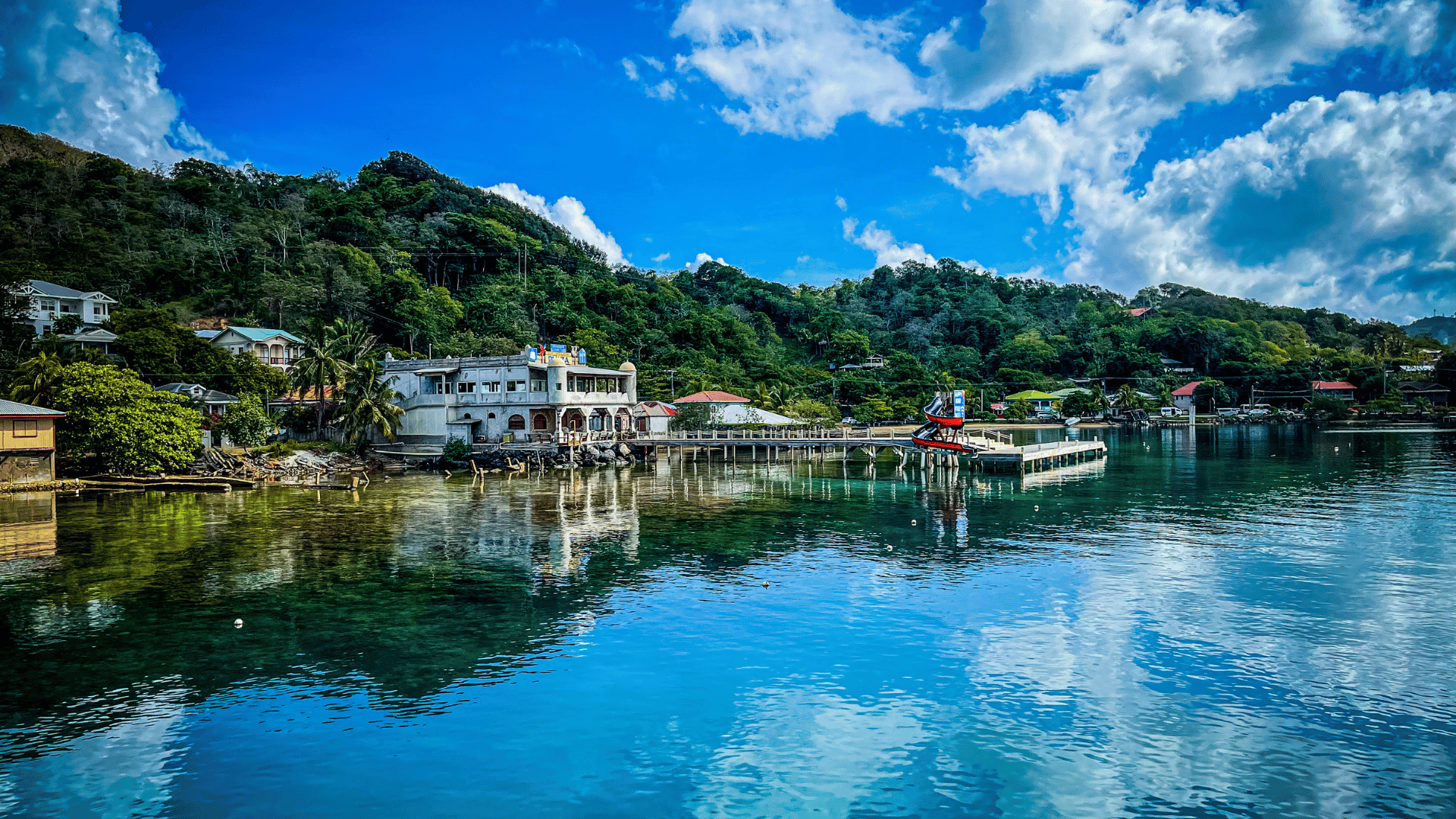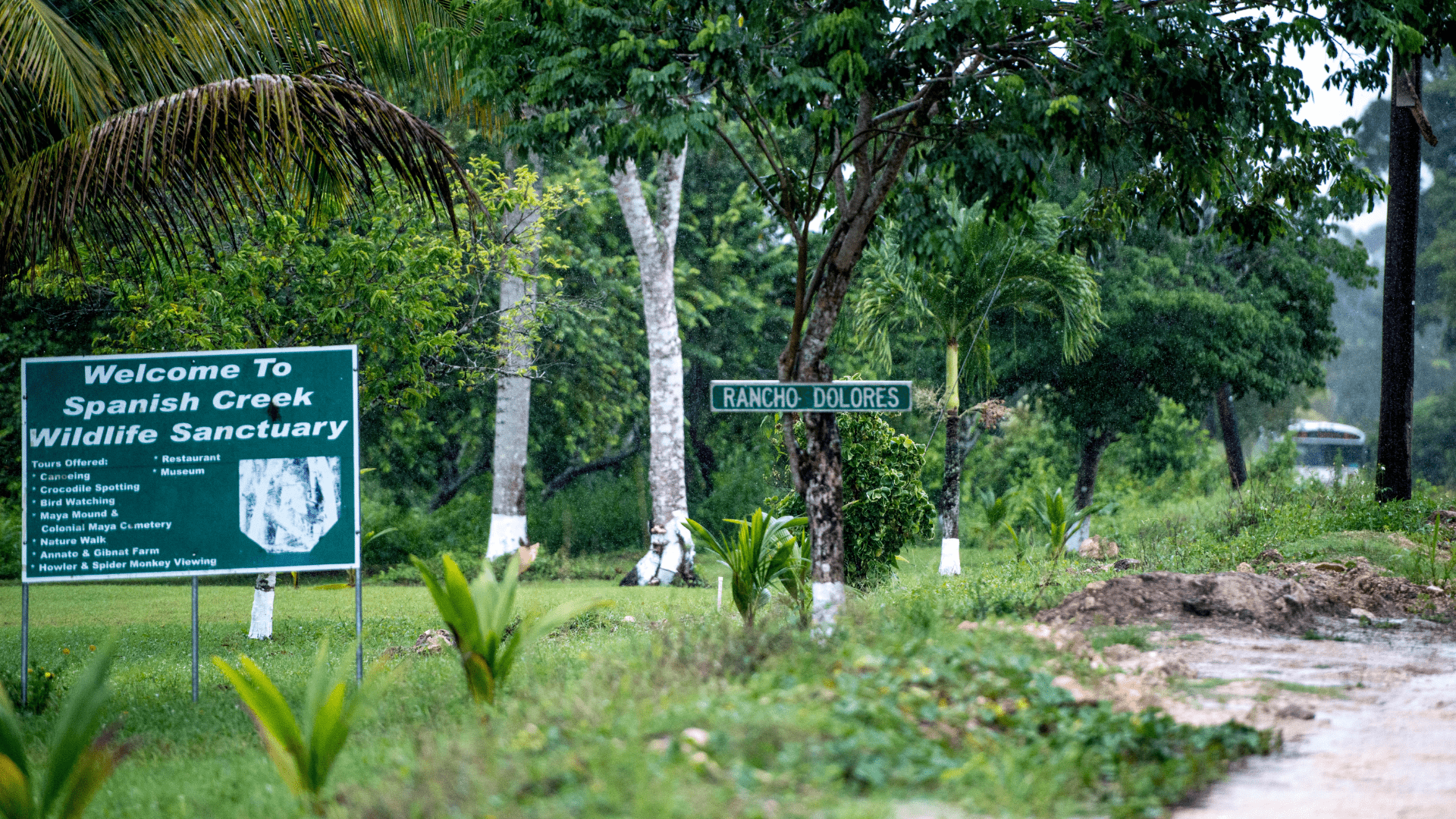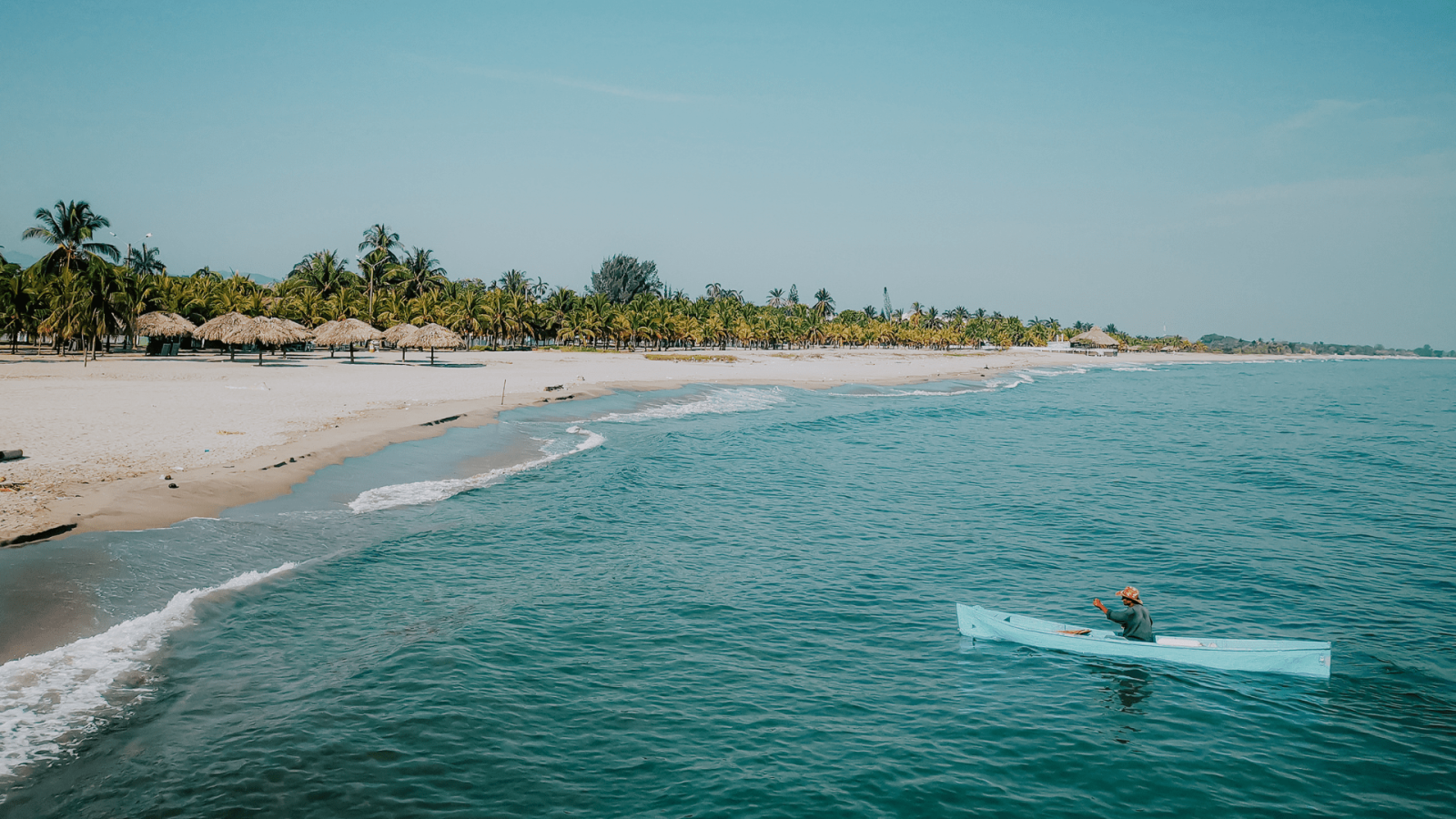Destination Sustainability Assessments
As tourism grows, so does the need for destinations to manage it responsibly, ensuring that development supports long-term environmental health, cultural preservation, and economic resilience. Destination sustainability assessments are a vital tool for understanding how well a place is meeting these goals and where improvements are needed.
Our project team, which includes graduate students enrolled in GW’s Master of Science in Tourism, Hospitality and Event Management (MSTHEM) program, conducts thorough evaluations of tourism destinations using internationally recognized standards such as the Global Sustainable Tourism Council (GSTC) criteria.
GSTC criteria are intended to…
- Provide basic guidance for destinations planning to become more sustainable.
- Help consumers identify sustainable destinations.
- Help the media to inform the public about a destination’s sustainability.
- Help certification and other voluntary programs ensure their standards meet a widely accepted baseline.
- Provide government, NGO, and private sector programs with a starting point for developing sustainable tourism.
- Provide guidelines for educational training programs, including hotel schools and universities.
These assessments help destinations benchmark performance, engage stakeholders, and build actionable plans for a more sustainable future.
Interested in assessing your destination’s sustainability performance? Let’s explore how we can support your goals.
RECENT PROJECT EXAMPLES

GSTC Destination Assessment for Roatan, Honduras
- Learn more
With a commitment to sustainability, the Honduran island of Roatán contracted the International Institute of Tourism Studies to complete its second Global Sustainable Tourism Council (GSTC) assessment in 2019. In the six years following the first assessment, the island’s growing popularity resulted in increased wastewater, pollution, and other environmental challenges posed by the accelerated growth of tourism, let alone the impact of climate change, which is impacting coral reefs around the world.
Nevertheless, Roatán’s offshore reef remains one of the healthiest stretches of the Mesoamerican Reef system, the largest barrier reef in the Western Hemisphere.
To help Roatán manage and plan for a sustainable future, a team from the GW International Institute of Tourism Studies worked with conservationists, business owners, local government, and community members on a destination sustainability plan designed to allow islanders to derive economic benefit from tourism while managing challenges associated with increased visitation. Read more about the project here.

GSTC Destination Assessment for Belize City, Belize
- Learn more
With cruise tourism a growing market segment, Belize’s Ministry of Tourism and Civil Aviation and the Belize Tourism Board contracted with the International Institute of Tourism Studies to complete a Global Sustainable Tourism Council (GSTC) Destination Assessment of Belize City.
While the tourism industry has generated economic growth in Belize, the influx of people to Belize City was increasing pressure on resources, infrastructure, transportation, and other services. Despite noticeable improvements, visitors routinely didn’t venture beyond the port for fear of crime.
The assessment process brought together 64 key stakeholders and leading organizations from local government, the private sector, and the NGO community and academia to evaluate Belize City’s performance on four main pillars of sustainability: destination policy and planning, community involvement and benefits, management of cultural and natural assets, and environmental issues. The results of the assessment indicated that 55% of the criteria evaluated were considered “areas of risk” and an additional 36% of criteria “need improvement.” In contrast, the destination showed “good performance” in 9% of the assessed criteria. Stakeholders prioritized five issues to focus on over the next few years and suggested initiatives to address these issues. Check out our blog post for more information.

Clackamas County, Oregon Sustainable Tourism Assessment and Action Plan
- Learn more
To avoid overcrowding, pollution, and homogenization in Clackamas County, the Tourism & Cultural Affairs department contracted the International Institute of Tourism Studies to conduct a rapid destination assessment using the internationally recognized Global Sustainable Tourism Council Destination Criteria and Indicators (GSTC-D).
The assessment process brought together more than 100 key stakeholders from the public sector, industry, and the non-profit community to collectively evaluate Clackamas County’s performance around destination policy and planning, community involvement and benefits, management of cultural and natural assets, and environmental issues. As part of the assessment process, the International Institute of Tourism Studies team gathered insights from over one thousand Clackamas County residents on their perceptions of tourism’s impacts.
The Clackamas County Sustainable Tourism Assessment and Action Plan 2019-2022 reflects these findings and provides useful guidance for addressing priority areas.


